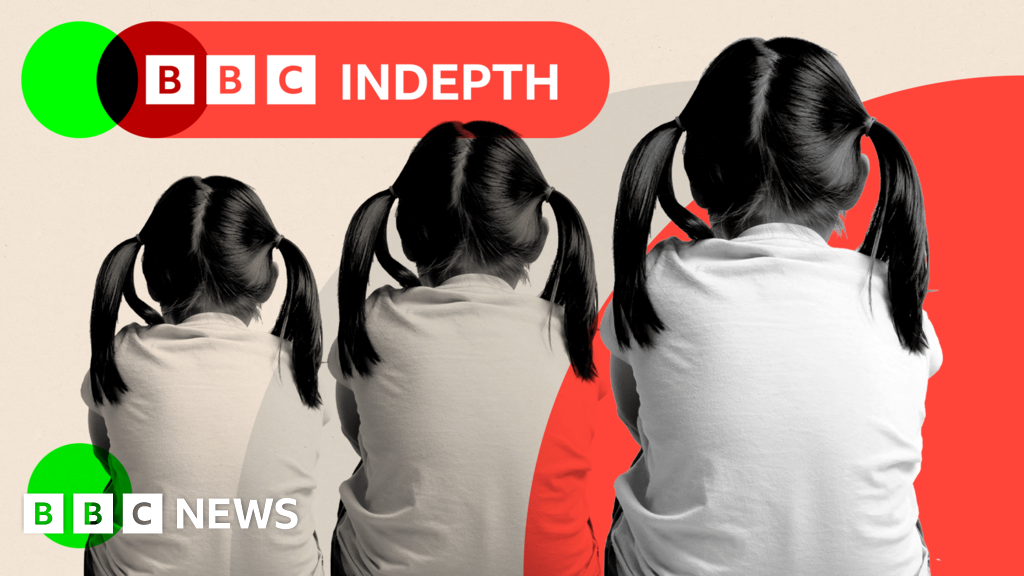Jane Graham has been a school nurse for nearly 20 years – and during this time the nature of her work has completely changed. “When I started, the majority of the support we provided was for physical health, like asthma, allergic reactions and injuries,” she says. “Now it’s mental health.”
She has seen a surge in schoolchildren struggling. “It really impacts pupils at secondary school, but some are as young as seven,” she explains.
“We’re seeing children with depression, anxiety and stress – and that’s leading to panic attacks, self-harm and eating disorders. They’re not making it to school or are so anxious they cannot attend classes.”
GPs, youth workers and social workers I have spoken to shared similar stories, with many pointing out that mental health cases in the young are rising in ever greater numbers.
One in five children and young people between the ages of eight and 25 in England are now thought to have a mental health disorder, according to official figures. Unsurprisingly, the NHS is struggling to keep up.
In 2024 Dame Rachel de Souza, the children’s commissioner for England, described the situation as “shocking” and said the system was in “crisis”.
Plenty of explanations have been offered by experts: the pandemic, the cost of living and the advent of social media have all placed additional pressures on the generation now starting out.
But some experts in the field of mental health have raised another question: that is, is there really a mental health crisis or are young people simply not resilient enough?
In other words, are they lacking the capacity to withstand or recover quickly from day-to-day difficulties that generations before them faced too?
Prof Andrea Danese believes that resilience needs to be taken seriously. While greater awareness of mental health “has generally been a positive thing”, according to Prof Danese, who is general secretary for the European Society of Child and Adolescent Psychiatry, he says that he is concerned that it may also have “inadvertently contributed to over-pathologising distress in young people”.
Distress should not automatically be seen as a sign of mental ill-health, he continues.
Ms Graham, the school nurse, is also of the opinion that many children who she has seen struggling – particularly those with more low-level mental health problems – would benefit from becoming more resilient.
She believes that if they were equipped with better coping skills, young people would likely be better placed to deal with the challenges they may be facing before they develop into a full-blown crisis – and this in turn would help ease the pressure on services to support them.
Instead, she believes the answer lies in tackling the addictive and toxic nature of social media platforms and investing in community spaces – as well as listening to young people themselves.
“What young people need is the recognition that the world we live in today makes it difficult to thrive as a young person and a genuine effort from those in power to tackle those barriers to wellbeing at the root.”
Source link




